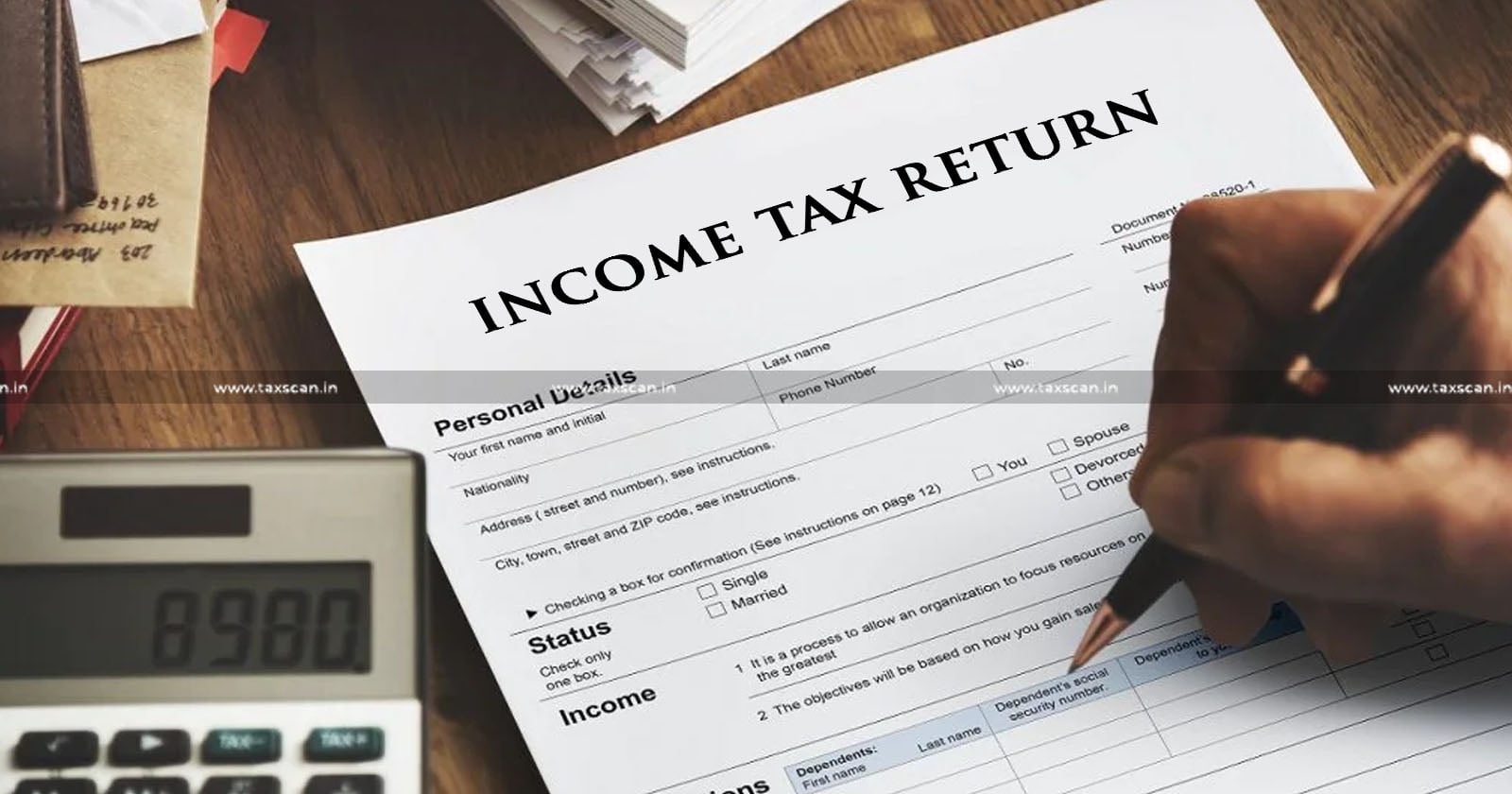Missed the last date to file your Income Tax Returns? File belated ITR: Advantages, How-to and Last Date
Belated ITR for Financial Year 2023-2024/Assessment Year 2024-2025 has to be filed before December 31, 2024.

What is a Belated Return?
It is always most ideal to file Income Tax Returns (ITR) by the due date provided, however if one fails to file the ITR by the due date, there are other provisions within the Income Tax Act, 1961 for the aid of taxpayers. This provision is of great help to Taxpayers who may have forgotten to file their returns in the window provided or were unable to file in time due to other reasons.
A Belated Return under Section 139(4) of the Income Tax Act permits any Taxpayer who missed the last day to file their Income Tax Returns to belatedly file their returns.
Who can file a Belated Return?
Any Assessee who is liable to file an ITR, but failed to do so within the deadline for filing ITR can file a belated return.
Tax Regime:
Taxpayers had the option to choose between the old or the new tax regimes while filing ITR before the due date for Financial Year 2023-2024/Assessment Year 2024-2025 (FY 2023-2024/AY 2024-2025). However, the new Tax regime is applicable for all Taxpayers opting to file a belated ITR.
Penalties & Late Fees:
Taxpayers who missed the deadline to file ITR for the Financial Year 2023-2024 can file a belated ITR by December 31, 2024.
However, as per Section 234A utilizing this provision will attract an interest of 1% per month on the total amount payable by Taxpayer. Filing belatedly can also attract interest under Sections 234B and 234C as well.
Similarly, under Section 234F, a fine of Rs.5000 shall be levied on the Taxpayer if they successfully file their ITR before December 31, 2024. The late fee is reduced to an amount of Rs.1000 for Taxpayers whose income does not exceed an amount of Rs.5,00,000.
Advantages:
Taxpayers who opt to file a belated ITR still have advantages over Assessees who are liable to file ITR but don’t do so. Foremost, filing ITR fulfills the legal obligations of Individuals who fall in a certain tax bracket. Filing an ITR protects an Assesee liable to pay tax from being awarded penalties or other legal proceedings on non-compliance with applicable tax laws.
Further, filing an ITR, be it before or after the deadline, but within the permitted window eases numerous processes and financial transactions such as loan approval, visa applications. Filing ITR helps in improving the overall credit profile of an Assessee.
Loss of exemptions and Inability to carry forward losses:
Failing to file an ITR by the deadline may invalidate the opportunity for Assessees to avail multiple exemptions under sections 10A, 10B, 80IA, 80IB, 80IC, 80ID, and 80IE.
Not filing ITR by the deadline also prevents Assessees from being able carry over capital losses from the current Assessment Year to the next Assessment Years. However, there are exceptions available for losses from house property that can be carried forward. If filed promptly, ITR can help reduce an Assessee’s tax liabilities.
How to file a belated return on the online Income Tax Portal:
- Log on to your account on the e-filing portal at Income Tax Department website
- Choose ‘e-file’ > ‘Income Tax Returns’ > ‘File Income Tax Return’
- Select the Relevant Assessment Year from the drop-down menu and select ‘Online’
- Click on ‘Start new filing’
- Select the Status applicable to you
- Select the specific ITR Form applicable to you
- Click on ‘Personal Information’ and fill in and ensure all your entered details are correct
- Proceed to ‘Filing Section’ and select the box for 139(4)
- Calculate and provide all the information about your income under various heads under the ‘Gross Total Income’ and ‘Total Deductions’
- Proceed to make payment of tax if applicable
- Verify that the returns have been filed electronically
Support our journalism by subscribing to Taxscan AdFree. We welcome your comments at info@taxscan.in


